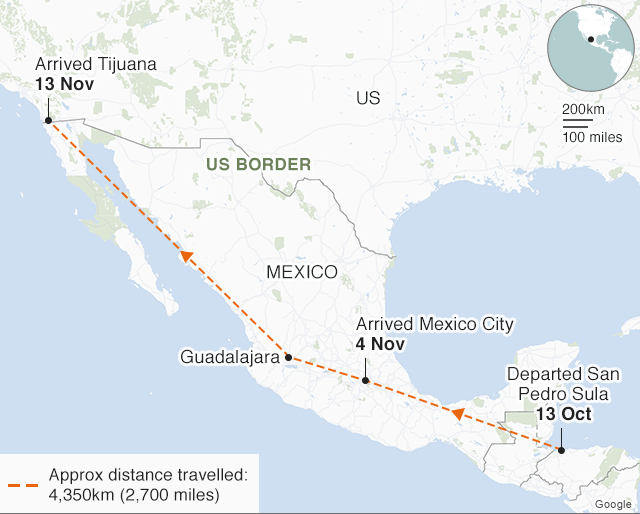 Source: ColorLines.com
Source: ColorLines.com
When my husband and I left Guyana to start a new life in Brazil, our sons had no say in our decision. They were only two and four years old. Fleeing our oppressive government, my husband and I sought a more secure environment for them.
Millions of parents make a similar decision for their children’s well-being. Wars, famines, natural disasters, drug violence, ethnic or religious persecution, and other life-threatening situations force adults to migrate with or without their children to other countries.
The United States, still the planet’s top economy and world power, was built by immigrants. That this nation continues to attract more immigrants attests to its greatness and promise of liberty and law.
My family and I were blessed to be living in Brazil when President Sarney passed the Amnesty Decree-Law, allowing illegal and other immigrants with irregular status to apply for permanent residence. How different our lives would have been if we had continued to live in the shadows! Today, I would not be in a position to share my experience and knowledge of the Brazil market. To make a difference, however small, in another person’s life is of great importance. For this we are born: to contribute our talents and skills for the betterment of our community, our nation, and our planet. This gives meaning and purpose to our lives.
Two years ago at the Los Angeles Festival of Books, I met a Guatemalan man in his early twenties. I will call him Antonio. While Antonio and I sat next to each other waiting for an author presentation, we chatted about our writing interests and about our origins. While I am often mistaken for a Latino, my accent gives away my Caribbean origin. Antonio said I sounded like one of his friends from Belize. I hear that a lot.
Antonio is a poet and essayist with a fascination for mathematics. He was attending a writing course as well as classes in advance mathematics. Having successfully completed high school, he dreamed of going to college to become a mathematics high school teacher.
“What’s preventing you from pursuing your dream?” I asked.
“I don’t have documents,” Antonio said in a low voice.
“How did you go to high school without documents?”
As my sons had already completed high school in Brazil, I have little knowledge of the US education system in relation to immigrants. Antonio explained that while undocumented students can attend elementary and secondary schools, they need documents to attend college.
“We are fighting to get the Dream Act passed by Congress,” Antonio said. “It’s the only way we can further our education and get good jobs.”
Like my sons, Antonio had left his country of birth at a very young age. He had had no say in his parents’ decision to illegally enter the United States. According to the Dream Act Portal (dreamact.info), about 65,000 young people share Antonio’s fate. They see themselves as Americans and want to be recognized as such.
To be continued next week…











